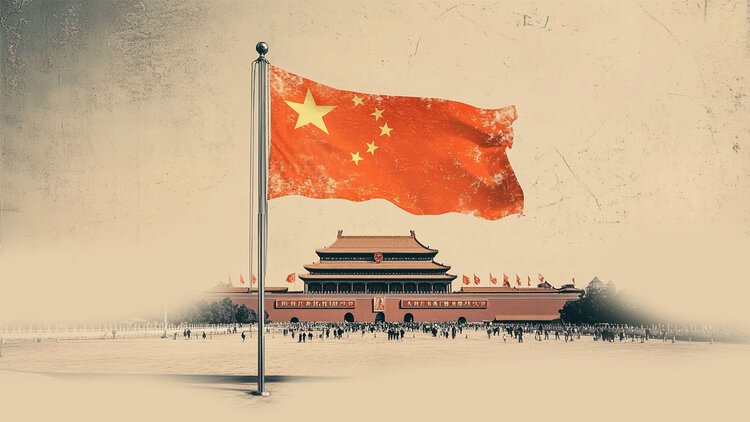UNTIL late January, Western dominance in the realm of artificial intelligence (AI) was pretty much assumed.
This wasn’t just based on where the world’s leading AI companies are headquartered – mostly in Silicon Valley – but also from the kind of fervour that the United States displayed in upping the stakes of this AI Cold War, by ramping up its leading-edge chip production capability and restricting exports of those chips, for example.
Then, DeepSeek’s arrival all but ended that illusion.
The Chinese AI startup’s chatbot not only matched its best-in-class counterparts from US companies such as OpenAI and Perplexity AI, but it also did this at a fraction of the resources required by these companies.
“DeepSeek R1 is AI’s Sputnik moment,” Silicon Valley venture capitalist Marc Andreessen warned, as the Chinese contender sparked a frenzied sell-off on Nasdaq that wiped off more than US$1 trillion in market capitalisation.
Meanwhile, the jubilation on China’s state news and social media was palpable. It was Chinese AI’s finest hour, and rightly so.
BT in your inbox

Start and end each day with the latest news stories and analyses delivered straight to your inbox.
DeepSeek’s accompanying research paper showed how Chinese scientists have cleverly overcome hardware limitations through an algorithm, which not only suggests that China’s AI ambitions are backed by deep technical expertise, but also that the US’ chip-export restrictions may ultimately be futile.
But it did not take long for the backlash to come.
In particular, South Korea’s spy agency flagged that unlike other generative AI services, DeepSeek has a function that can “collect keyboard input patterns that can identify individuals”. Additionally, Chinese laws grant the government access to its user data, stored on Chinese services, when requested.
Accordingly, South Korea has banned the use of DeepSeek on government devices, joining a growing number of countries that have done so.
One could argue that moves to restrict DeepSeek are politically motivated, since the current list of countries doing so are allies of the US.
Yet, there is also an inherent scepticism towards Chinese technology – made clear when the US placed Huawei on its trade restriction list in 2019 – given Beijing’s surveillance and control over tech firms, as well as its apparent lack of accountability.
Whether these concerns are legitimate is a separate story, but it is a pity that what should have been China’s moment of pride is diminished due to its reputational issues.
To be sure, there have been longstanding complaints about how Western tech companies handle privacy as well, but defenders would argue that there are at least legal frameworks that allow them to remain independent and defy government demands.
This suggests that technological superiority isn’t just about building technical expertise but trust. And trust, in an increasingly complex and uncertain world, is arguably the world’s most valuable currency.
The question is to what extent this distrust would curtail China’s ambitions for global AI dominance. As long as its governance model remains unchanged, it seems unlikely that its reputation among Western countries would improve.
Even so, this isn’t meant to be reassuring for tech firms in the West. DeepSeek has adopted an open-source model, which will go a long way in uplifting the industry, helping many other startups like itself to leapfrog the tech rungs.
If anything, the AI race is just heating up.







